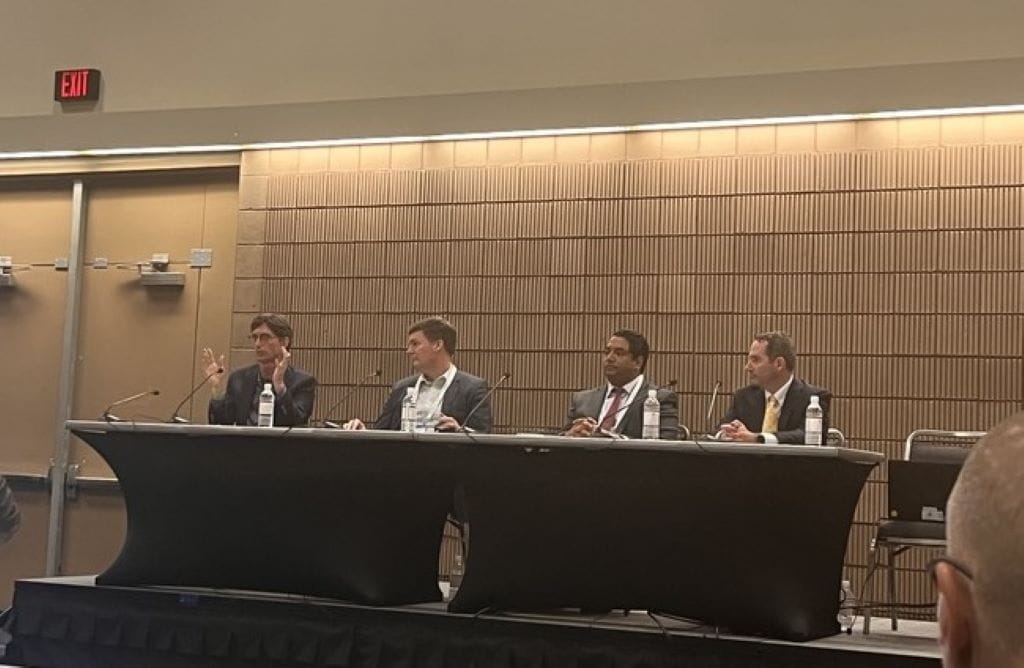Fiber Technology Will Dominate BEAD Deployment, Agree Panelists at Wireless Conference
The BEAD program will prioritize fiber deployments, agree experts.
Teralyn Whipple

NEW ORLEANS, May 9, 2023 – Most states will deploy fiber with the Broadband Equity Access and Deployment awards, agreed panel including a representative from the National Telecommunications and Information Administration at the Wireless Infrastructure Association’s Connect (X) conference Tuesday.
The NTIA is set to announce award amounts from the BEAD program in June, said Scott Lively, the broadband program specialist at NTIA.
Each state will be responsible to run a competitive process for sub-grantees after receiving federal funds. Although states cannot close off applications to telecom companies based on technology, there is a built-in preference for fiber companies in the BEAD program, said Lively.
A fiber company that applies for funding is most likely to receive grant awards unless the area in question is considered an extremely high-cost location, he continued.
Louisiana will use fiber as much as possible, added Veneeth Iyengar, executive director of ConnectLA. However, some areas of the state will require so much capital to connect that the state will have to embrace cheaper technologies, he said.
“For most states, the practical majority will be fiber,” said Joshua Broder, CEO of telecommunications consultant and fiber construction company, Tilson. That is not to say that there will not be other technology deployed, he said, but the opportunities for those technologies to prevail are “very narrow.”
Most states will have a high threshold that qualifies a location to be “extremely high cost” which would necessitate technologies beyond fiber to provide connection, Broder continued.
However, money from the American Rescue Plan Act will be deployed simultaneously with BEAD funding. The ARPA funds are less restrictive regarding technology than BEAD funds and can finance other projects.
The intent of the BEAD program is to solve the connectivity problem in America forever, said Jon Wilkins of strategic advisory firm Quadra Partners. Because of this goal, lawmakers ensured that BEAD would fund long-lasting and future-proofed technology.
Many industry leaders agree, however, that BEAD funds will not address the looming digital divide across the nation. In response, Broder suggested that states find ways to reward carriers for not taking more money than needed from federal funds.
He added that some states are awarding grants to carriers that can bring more match money to the table than other carriers, which can be detrimental to small and local providers. Broder urged states to find a way to address the cash flow gap.








Member discussion